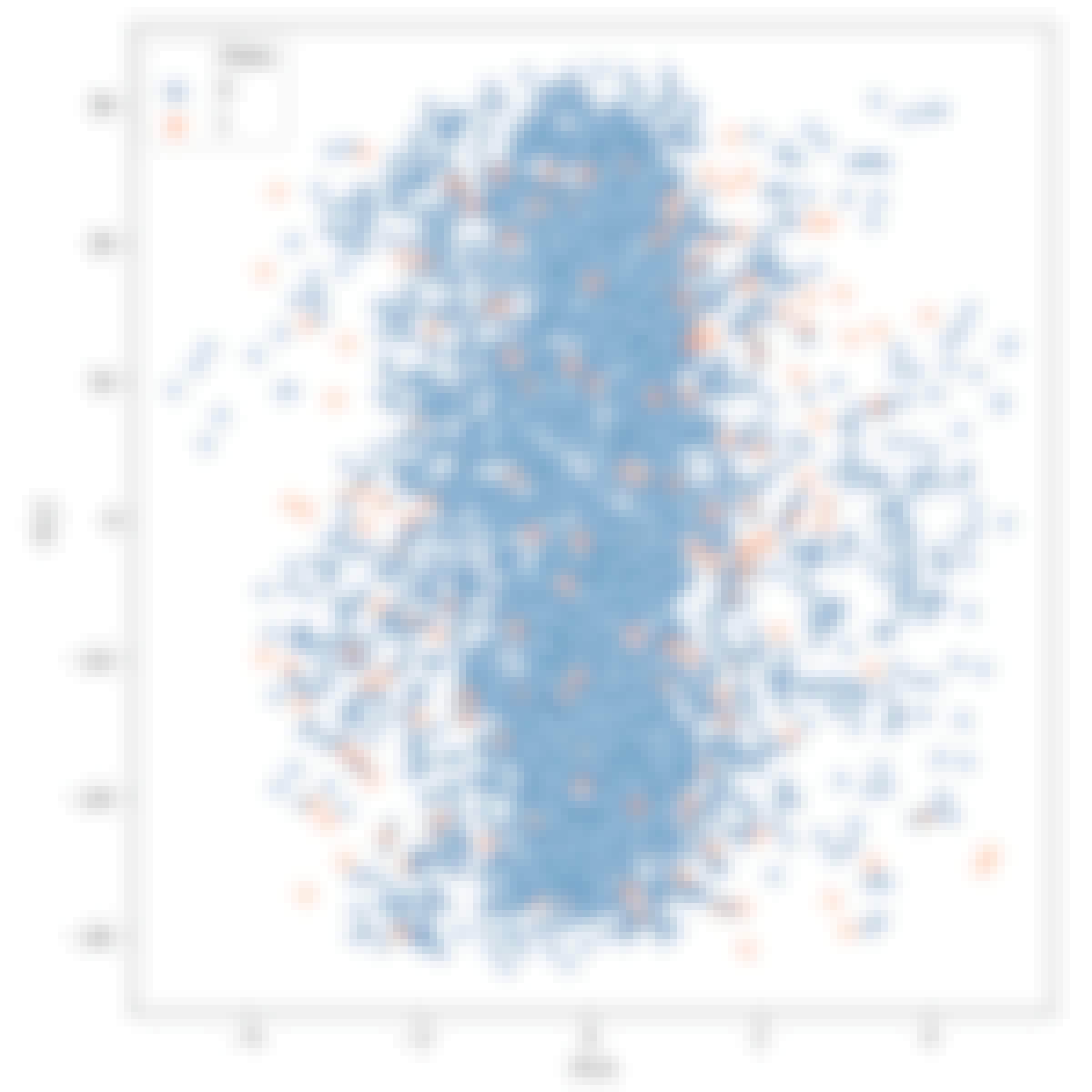Filter by
The language used throughout the course, in both instruction and assessments.
575 results for "model validation"

California Institute of the Arts

Edureka

ESSEC Business School
Skills you'll gain: Collaboration, Communication, Data Analysis, Decision Making, Design and Product, Entrepreneurship, Innovation, Leadership and Management, Planning, Sales

Coursera Project Network
Skills you'll gain: Entrepreneurship, Market Analysis, Strategy, Business, Innovation

Coursera Project Network
Skills you'll gain: Deep Learning, Tensorflow

University of Toronto
Skills you'll gain: Business Transformation, Leadership and Management, Strategy and Operations, Organizational Development, Innovation, Leadership Development, Strategy

University of Illinois at Urbana-Champaign
Skills you'll gain: Business Analysis, Leadership and Management, Communication, Data Analysis, Data Visualization, Strategy, Strategy and Operations, Critical Thinking, Data Analysis Software, Interactive Data Visualization, Business Communication

Northeastern University
Skills you'll gain: Leadership and Management, Innovation

Rice University
Skills you'll gain: Finance, Financial Analysis, Investment Management, Market Analysis

Coursera Project Network

University of Illinois at Urbana-Champaign
Skills you'll gain: Leadership and Management, Market Research, Marketing, Marketing Management, Media Strategy & Planning, Strategy, Communication, Correlation And Dependence, Sales, Supply Chain and Logistics, Planning

Universidad Nacional Autónoma de México
Skills you'll gain: Accounting, Business Analysis, Finance, Data Analysis, Mathematics, Calculus, Mathematical Theory & Analysis, Microsoft Excel, Financial Accounting, Estimation
Searches related to model validation
In summary, here are 10 of our most popular model validation courses
- Building Your Freelancing Career Capstone: California Institute of the Arts
- Generative AI Foundations: Edureka
- L'investissement à impact : les nouvelles frontières: ESSEC Business School
- Analyzing Macro-Environmental Factors Using Creately: Coursera Project Network
- TensorFlow for Beginners: Basic Binary Image Classification: Coursera Project Network
- The 360º Corporation: Tools for Achieving Corporate Purpose: University of Toronto
- Organizational Concepts and Language: University of Illinois at Urbana-Champaign
- Intro to Improving the Patient Experience Through Analytics: Northeastern University
- Capstone: Build a Winning Investment Portfolio: Rice University
- Handling Imbalanced Data Classification Problems: Coursera Project Network










